|

|
|
State and Federal
Communications + Inside Elections =
Together for Another Year |
I am so excited to let the State and
Federal Communications community know we
have signed another year-long commitment
with Nathan Gonzales for his
Inside Elections newsletter. I
do not think I have received as many
positive comments from clients since we
sent out jars of Smucker’s jelly!
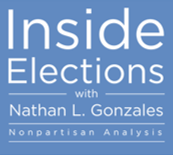 Inside
Elections with Nathan Gonzales
provides nonpartisan analysis of
campaigns for the Senate, House,
governorships, and presidency. He does
not endorse candidates, but he sure does
talk about them…a lot. The issues are
sent to our community every other week.
He sends them to us on Fridays and we
prep it for a Monday delivery to your
inbox. We do avoid Fridays because for
20 years we have sent you News You
Can Use and really do not want
to interrupt the fan base Jim Sedor has
amassed! Inside
Elections with Nathan Gonzales
provides nonpartisan analysis of
campaigns for the Senate, House,
governorships, and presidency. He does
not endorse candidates, but he sure does
talk about them…a lot. The issues are
sent to our community every other week.
He sends them to us on Fridays and we
prep it for a Monday delivery to your
inbox. We do avoid Fridays because for
20 years we have sent you News You
Can Use and really do not want
to interrupt the fan base Jim Sedor has
amassed!
Nathan was an editor, analyst, and
writer for The Rothenberg
Political Report for more than
13 years before taking over the company
in 2015 (another reason I like him). He
is also elections analyst for CQ Roll
Call, a CNN political analyst, and
founder and publisher of
PoliticsinStereo.com. Nathan has
appeared on NBC's Meet the Press
and NBC Nightly News, C-SPAN's
Washington Journal, NPR's All
Things Considered and the Fox News
Channel, and he has been quoted in the
 New York Times, Washington
Post, Wall Street Journal,
and USA Today. His work has also
appeared on FiveThirtyEight,
WashingtonPost.com, NBCLatino.com,
and in Campaigns & Elections
magazine (my first job in DC, in
1982). I go crazy in my car when I hear
him on NPR. But, he has to talk fast, I
only have a five mile commute to work! New York Times, Washington
Post, Wall Street Journal,
and USA Today. His work has also
appeared on FiveThirtyEight,
WashingtonPost.com, NBCLatino.com,
and in Campaigns & Elections
magazine (my first job in DC, in
1982). I go crazy in my car when I hear
him on NPR. But, he has to talk fast, I
only have a five mile commute to work!
He annually drives through Akron on his
way to see his in-laws in Indiana. I
need to make sure to host Nathan, his
wife, and their four children when we
have a baseball game in Cleveland. I
think it would be fun. Nathan says I do
not know what I would be getting into!
I am proud to call Nathan a friend and a
great partner in this collaboration.
Stay tuned for a call we have with him
in October as we approach the November
elections. All our great clients will be
invited to join.
Remember, Election Day is only 90+ days
away. The best reading in Inside
Elections is yet to be printed.
Thank you,
Elizabeth Z. Bartz
President and CEO
@elizabethbartz |
|
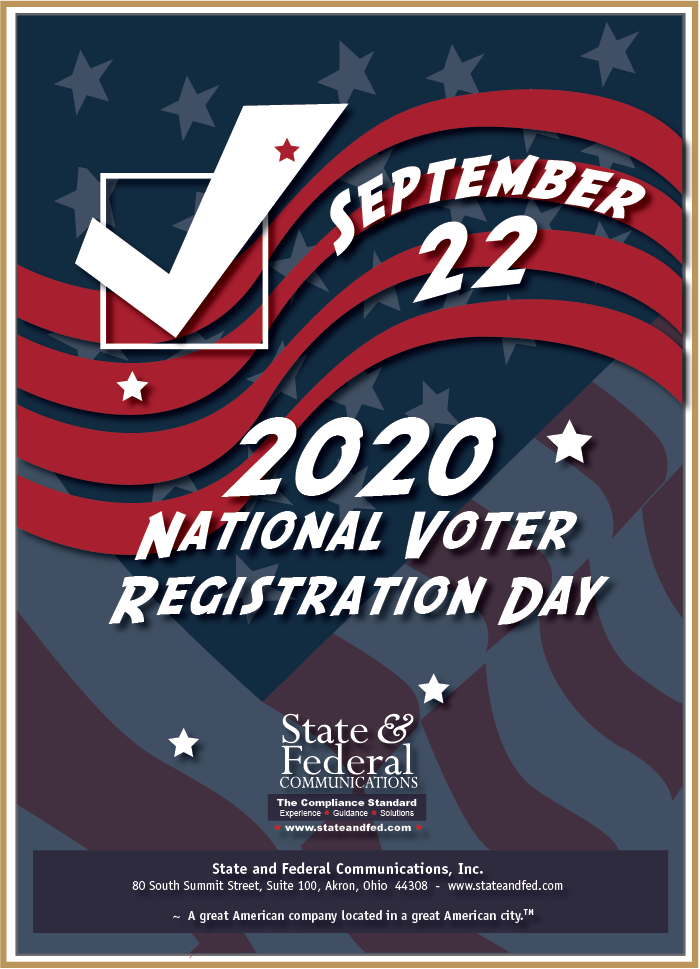
|
Hawaii Ethics Commission Approves Administrative Rules
on Lobbying, Gifts
Joanna Kamvouris, J.D.
Manager,
Research Services
 After
several months of delay due to COVID-19, the Hawaii Ethics
Commission approved a package of proposals on June 18 to amend
and adopt portions of the Hawaii Administrative Rules related to
lobbying and gifts. Amendments include changes to the statement
of contribution and expenditures, updated definitions for
lobbying, and new valuation rules for gifts. The rules were
approved by the Department of the Attorney General and are now
pending review by the governor. Once approved, the rules will be
posted with the Office of the Lieutenant Governor for 10 days
before becoming effective. After
several months of delay due to COVID-19, the Hawaii Ethics
Commission approved a package of proposals on June 18 to amend
and adopt portions of the Hawaii Administrative Rules related to
lobbying and gifts. Amendments include changes to the statement
of contribution and expenditures, updated definitions for
lobbying, and new valuation rules for gifts. The rules were
approved by the Department of the Attorney General and are now
pending review by the governor. Once approved, the rules will be
posted with the Office of the Lieutenant Governor for 10 days
before becoming effective.
Statement of Contribution and Expenditures
Rule Section 21-10-5 addresses the statutory
requirement for statements of contributions and expenditures to
be filed by up to three different entities including the client,
the employing organization, and the lobbyist. The new rule
creates a single, client-based report that avoids double or
triple reporting. This also eliminates the practice of having
lobbyists submit expenditure reports listing “zero” expenditures
when all expenditures are covered by the client or the employing
organization.
Direct and Grassroots Lobbying
Rule Section 21-10-1 contains definitions of
direct lobbying and grassroots lobbying to clarify both direct
and indirect lobbying are covered by the statute. Direct
lobbying is defined as any oral or written communication with a
legislator, an employee, intern, or volunteer of the Legislature
or an agency that would appear to a reasonable person to be an
attempt to influence legislation or rulemaking. Grassroots
lobbying is defined as any oral or written communication
directed at any member of the public that expresses an opinion
about existing or potential legislation, administrative rules,
or ballot issues and includes an explicit or implied call to
action.
Valuation of Gifts
Rule Section 21-7-6 defines the value of a gift
as the cost a member of the public would reasonably expect to
incur to purchase the item. For example, if the face value of a
ticket to an event is $100, but tickets on the secondary market
are $500 at the time the ticket is offered, the value of the
ticket is $500.
[The details for this article will be updated on
our website in the Hawaii Definitions, Gift Law, Grassroots
Lobbying, and Reports Required sections of the U.S. Lobbying
Compliance Laws. Updates to Hawaii Definitions, Gift Law, and
Reports Required will also appear in the U.S. Procurement
Lobbying Compliance Laws.]
|
Michael
Beckett, Esq.,
Associate Director,
Research Services
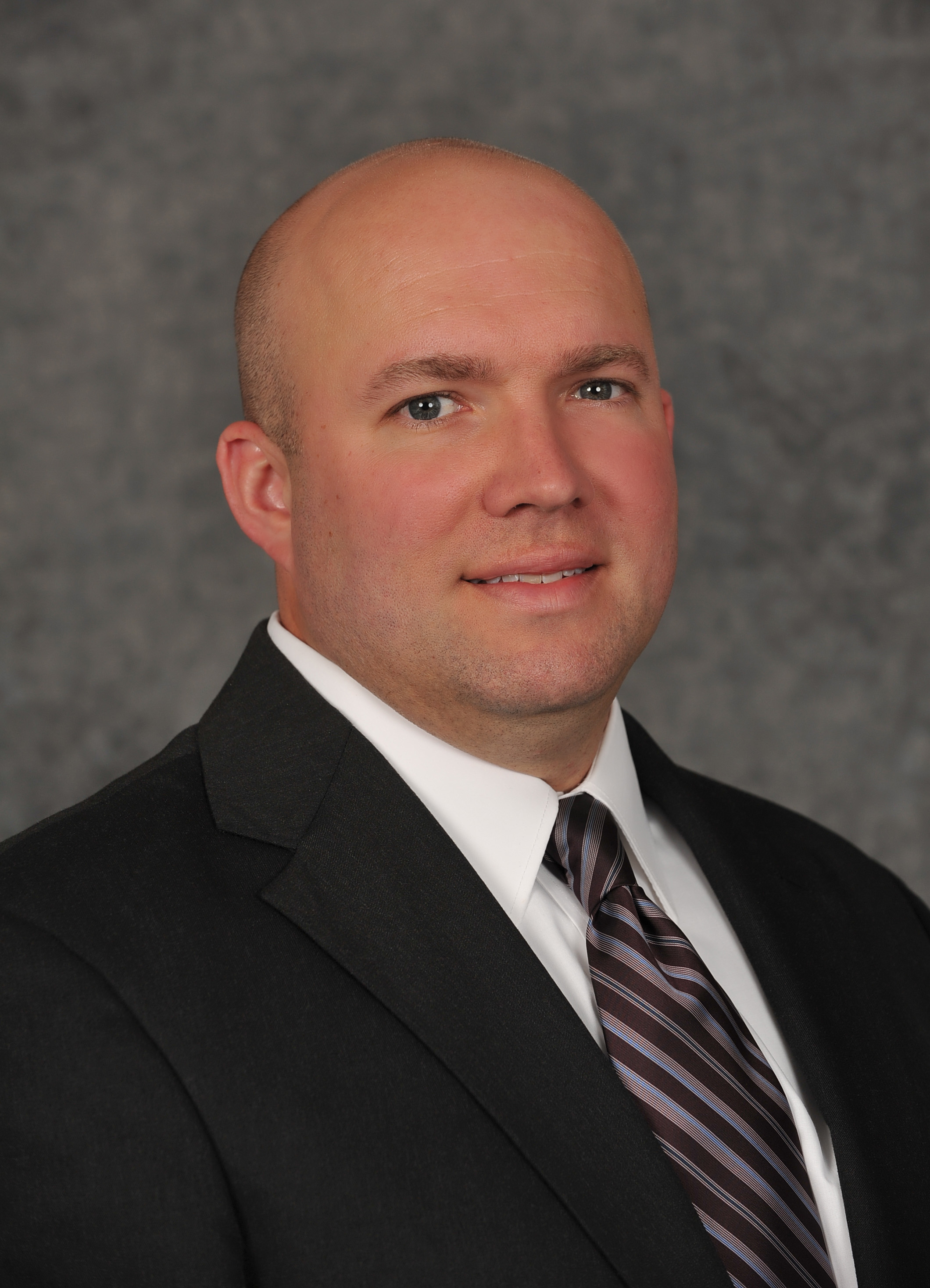
LOUISIANA:
Lobbyists can spend a bit more on state lawmakers and other
public officials. When the new budget year began on July 1, the
lobbying limit on food and drink for a public official edged up
$1 per person per occasion. The new limit per person at an event
is $63. When the lobbying cap was first enacted, the limit was
$50 per occasion. The 2008 law setting the limit allows an
annual adjustment tied to increases in the federal Consumer
Price Index for food and beverages. The index rose 1.8 percent
in the last year.
MISSOURI:
Gov. Mike Parson approved House Bill 1386, modifying the
definition of legislative lobbyist for purposes of lobbying laws
to exclude legislative liaisons. Legislative liaison is defined
as any state employee hired to communicate with members of the
General Assembly on behalf of any elected official of the state,
the judicial branch of state government, or any department,
agency, board, or commission of the state, provided such entity
is a part of the executive branch of state government. Any state
employee employed as a legislative liaison who performs lobbying
services for any other entity must register as a lobbyist with
respect to such lobbying services. The law becomes effective
August 28, 2020.
NEVADA: The
Legislative Counsel Bureau gave notice the requirements for
registration and reporting of lobbyist activities will not be
applicable to the upcoming special session. Due to the COVID-19
pandemic and the need to prevent the potential spread of the
virus, access to the legislative building during the upcoming
special session will be limited to legislators, essential staff,
and a small press pool. All floor sessions and committee
meetings will be livestreamed through both the Legislature’s
website and YouTube. In addition, the teleconference system will
allow individuals to call in to participate in the legislative
process. Written comments available to Legislators will be
accepted by email, fax, and mail.
OAKLAND, CALIFORNIA:
The Public Ethics Commission has launched the OAKAPPS Lobbyist
Registration and Reporting System. This system allows users to
register as an Oakland lobbyist, maintain a client list, enter
lobbyist activity, draft disclosure reports, and submit them
online. In order to use the system, a user name and password is
needed. The system is available at
https://apps.oaklandca.gov/OakApps/OakApps.aspx.
WISCONSIN:
The Ethics Commission adopted a formal opinion stating lobbyists
may make a campaign contribution during the contribution window
to officeholders and candidates of partisan elective state
office, regardless of whether the individual is on the ballot.
The contribution window begins the first day authorized by law
for the circulation of nomination papers as a candidate for a
general election or special election and closes the day of the
general or special election. A contribution to a candidate for
legislative office may only be made during the period if the
Legislature has concluded its final floor period and is not in
special or extraordinary session. The contribution window opened
on May 14 and will close on November 3.
|
At any given time,
more than 1,000 legislative bills, which can affect how you do
business as a government affairs professional, are being
discussed in federal, state, and local jurisdictions. These
bills are summarized in State and Federal Communications'
digital encyclopedias for lobbying laws, political
contributions, and procurement lobbying and can be found in the
client portion of our website.
Summaries of major
bills are also included in monthly email updates sent to all
clients. The chart below shows the number of bills we are
tracking regarding lobbying laws, political contributions,
and procurement lobbying.
| |
Total bills |
Number of
Jurisdictions |
Passed |
Died |
Carried over
from 2021 |
|
Lobbying Laws |
310 |
41 |
20 |
140 |
0 |
|
Political
Contributions |
508 |
52 |
40 |
175 |
7 |
|
Procurement
Lobbying |
313 |
44 |
24 |
127 |
1 |
|
|
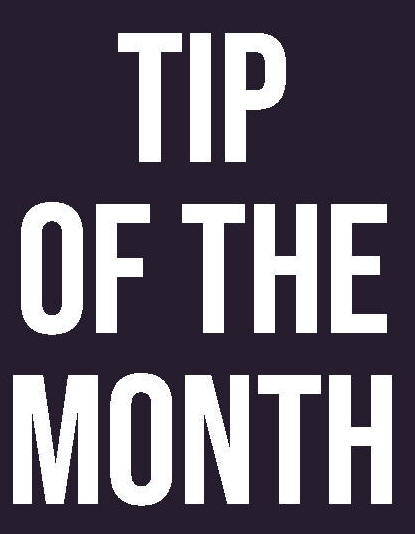 |
Pay-to-play regulation of vendor campaign
contributions raises the stakes of corporate
participation in political campaigns. State and
Federal Communications covers pay-to-play
regulations in the Procurement Lobbying Compliance
Laws publication. Each entry contains detailed
information about any pay-to-play regulations
applicable to vendors in that jurisdiction. It will
also be noted if state pay-to-play laws are
applicable at the municipal level. In addition to
the comprehensive information in each jurisdiction’s
entry, there are two quick reference charts
dedicated to cataloging these restrictions in the
states and covered municipalities. The charts can be
accessed by clicking on the right side of the red
Procurement Lobbying Compliance Laws button and
selecting "States with Pay-to-Play Laws” or
“Municipalities with Pay-to-Play Laws” in the pop-up
menu. Make sure you refer to this information before
you approve a contribution because an otherwise
acceptable contribution can be trouble if given by a
person doing business with the candidate’s
jurisdiction. |
|
|
|
|
State and Federal Communications’ Experts
Answer Your
Questions
Here is your chance
to “Ask the Experts” at State and Federal Communications, Inc.
Send your questions to
experts@stateandfed.com. (Of course, we have
always been available to answer questions from clients that are
specific to your needs, and we encourage you to continue to call
or email us with questions about your particular company or
organization. As always, we will confidentially and directly
provide answers or information you need.) Our replies are not
legal advice, just our analysis of laws, rules, and regulations.
|
 |
What do I need to know about recent lobbyist act changes
in British Columbia? |
|
 |

British Columbia enacted changes to the Lobbyist
Transparency Act in May of this year. The province also
implemented a new electronic filing system and upgraded
all existing users to it. In British Columbia, both
your initial registration and subsequent reporting are
completed by filing what is called a return. If your
organization is lobbying the BC government, it is very
likely you have to submit an initial return and
register. There is no longer a 100-hour threshold for
registration of lobbying in British Columbia. The
substance of the initial registration process did not
change significantly with the recent change to the law.
However, you are now required to submit information on
your lobbyist code of conduct, if applicable.
The major change deals with submitting updates
to your initial return. Previously, you submitted
updates to your initial return on an ongoing basis as
they occurred. Now, the process for submitting
subsequent returns is very similar to the one at the
Canadian Federal level. Once you submit your initial
return, you will have periodic reporting requirements,
beginning with the month in which the initial return was
filed. Returns are then due monthly by the 15th of each
month if reportable activity occurs. However, if you
did not engage in lobbying and have no other updates to
return, no monthly return is required. Please keep in
mind if you do not file a monthly return for five
consecutive months after the last return was filed, you
must submit a monthly return stating you did not lobby
in that time period. If you fail to submit this
mandatory return, your registration will be terminated.
The information
from this response can easily be found on our website in
the British Columbia entry of the Canadian Compliance
Laws publication. Please do not hesitate to contact us
if you have questions.
Read the full article here
Click here to read ALL Ask the Experts articles in full
Please fill out the small form to gain access to all
articles! Thanks.
James Warner, Esq.
Assistant Director, Compliance Services |
|
|
|
|
|
|
|
Business in the time
of Corona |
|
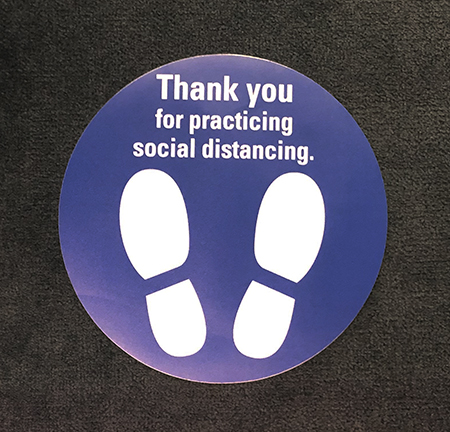 |
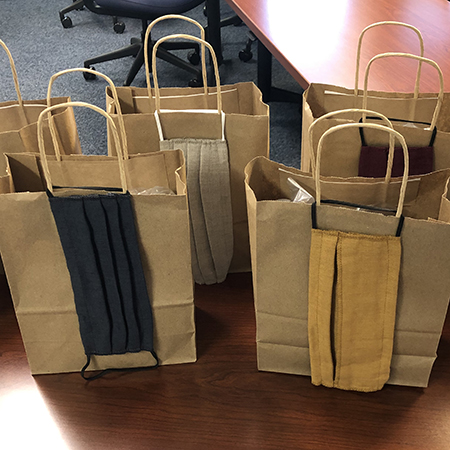 |
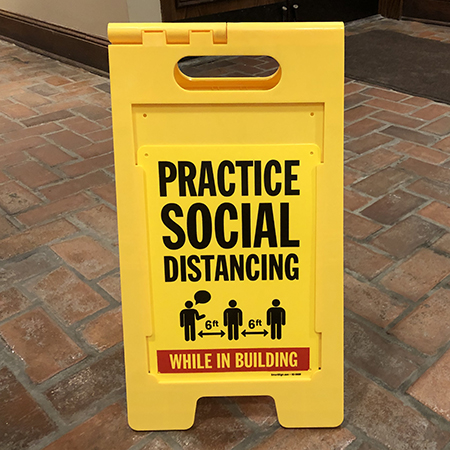 |
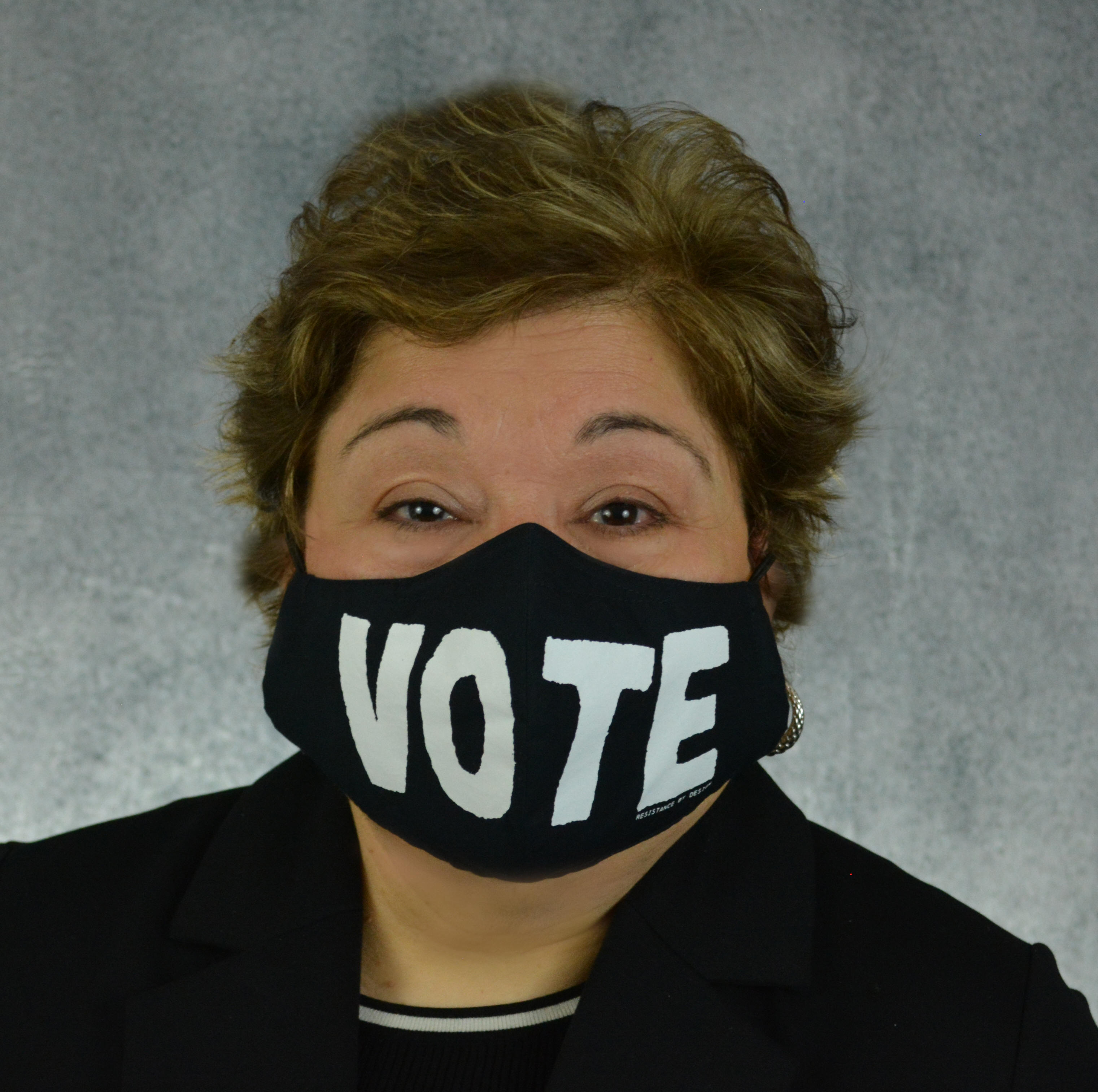 |
|
We have dotted every "i"
and crossed every "t".
We are making sure you are prepared for your
registrations and reporting.
Making sure our staff is protected and able to
proceed with your important work.
|
|
|
We celebrated 27 years in business
on July 1.
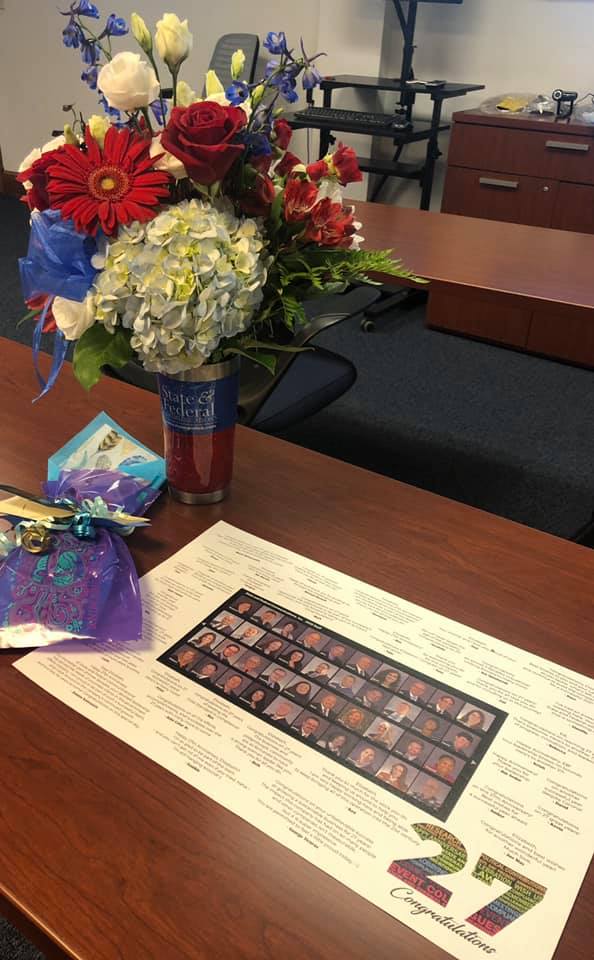
|
 
Be The Change!
Please consider making a donation to the
Akron Canton Food Bank.
[Click here to donate.]
|
COMPLIANCE
NOW is published for our customers and friends.
Click here
to
SUBSCRIBE
or
click here
to UNSUBSCRIBE.
Click here to send us
comments regarding the COMPLIANCE NOW e-newsletter.
State and
Federal Communications, Inc. | Courtyard Square | 80
South Summit St., Suite 100 |
Akron, OH 44308 |
| 330-761-9960 | 330-761-9965-fax | 888-4-LAW-NOW|
www.stateandfed.com
|
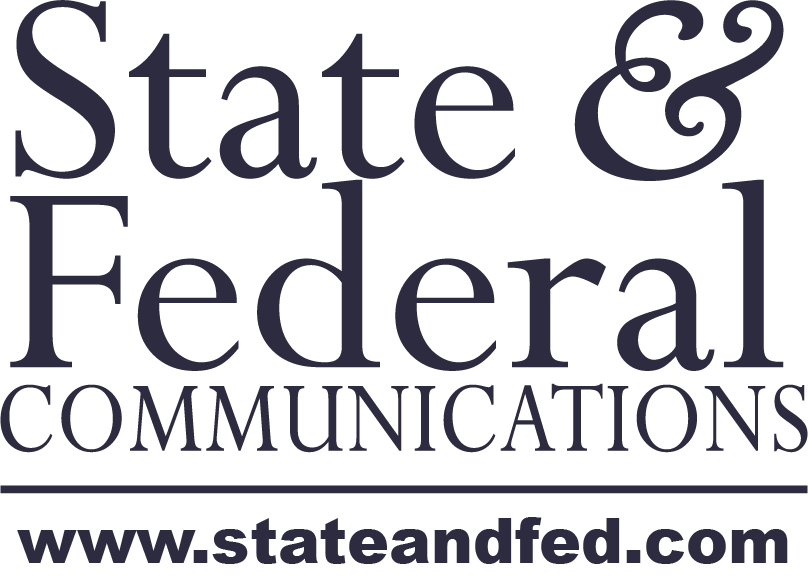 |
The Mission of
State and Federal Communications is to make
sure that your organization can say,
"I Comply."
We are the
leading authority and exclusive information
source on legislation and regulations
surrounding campaign finance and political
contributions; state, federal, and municipal
lobbying; and procurement lobbying.
Contact us to
learn how conveniently our services will
allow you to say "I
Comply" for your compliance
activities. |
www.stateandfed.com |
|